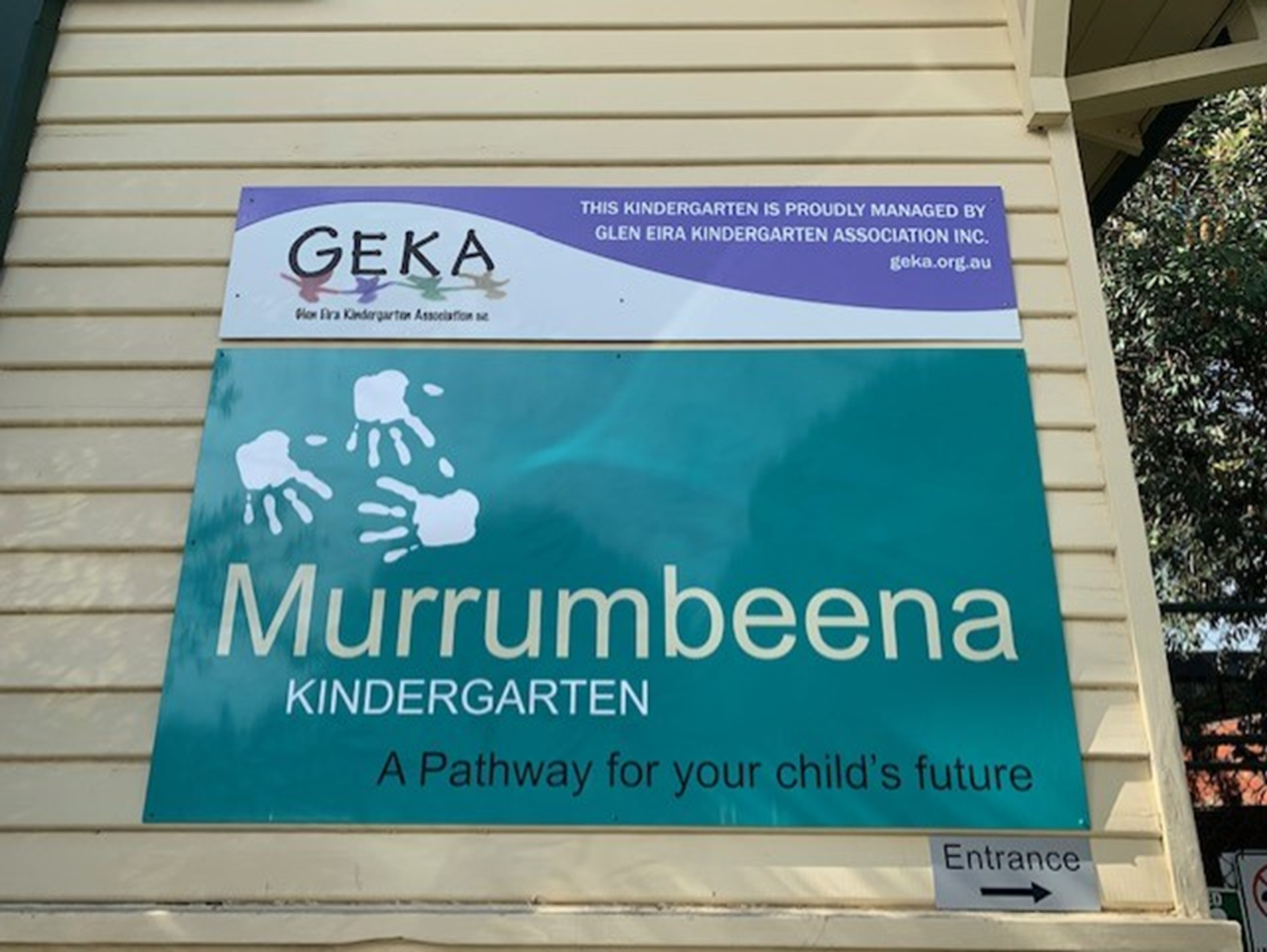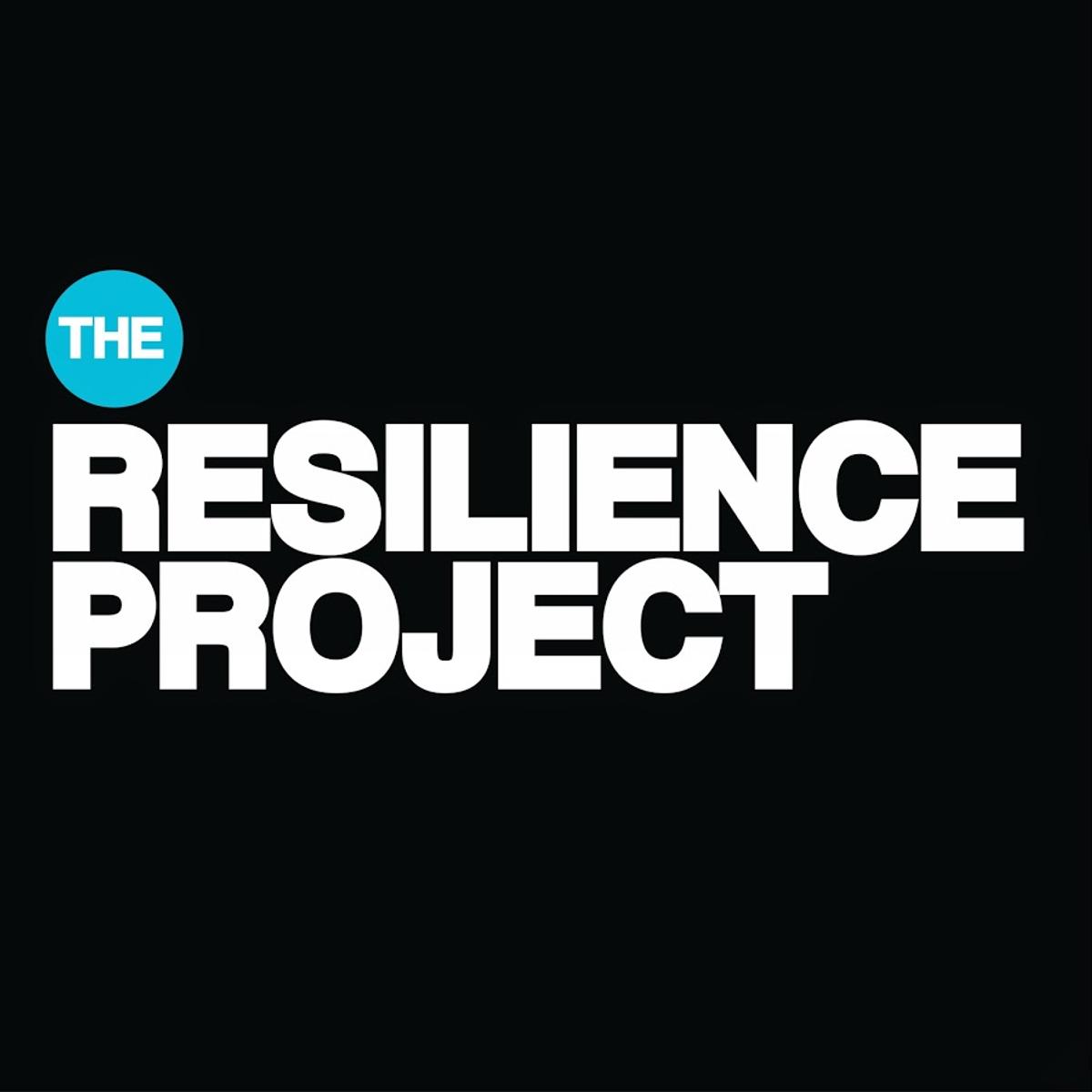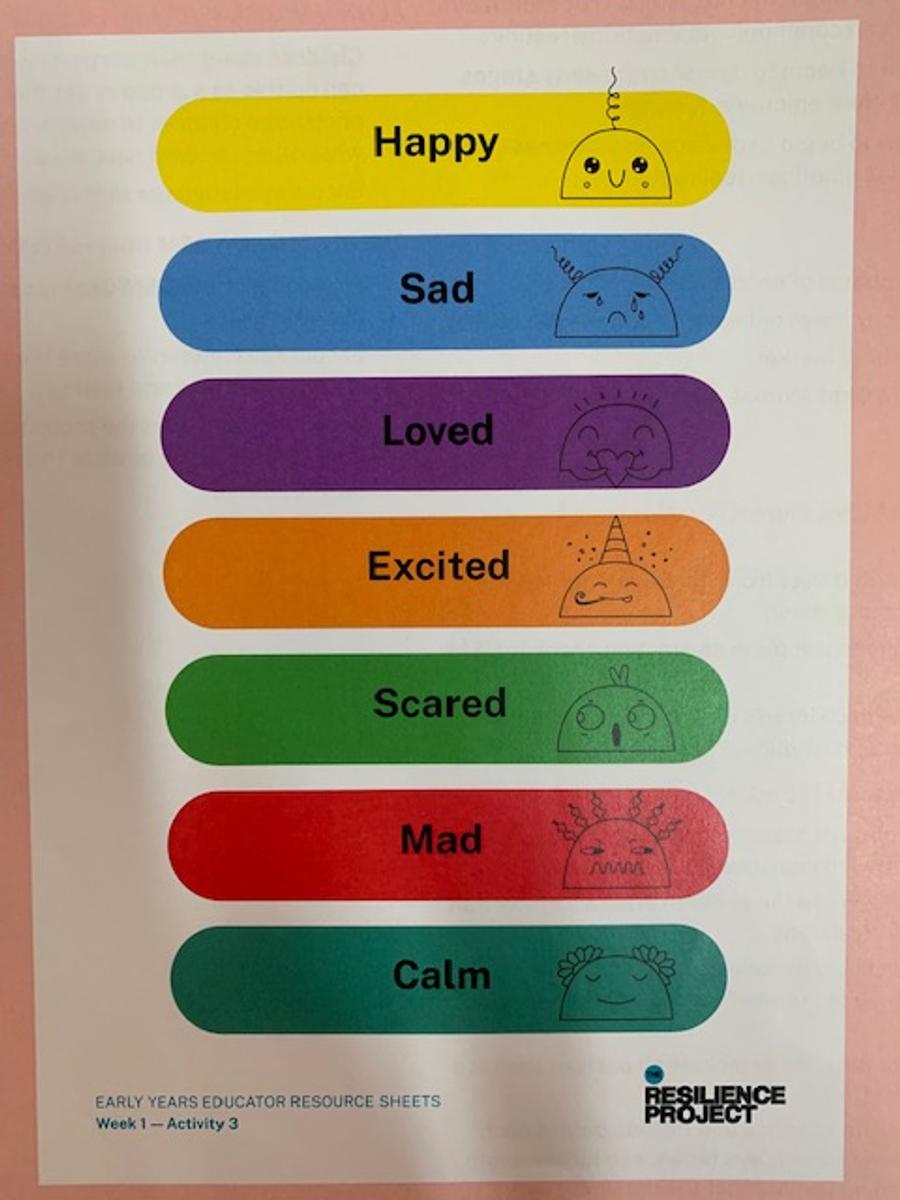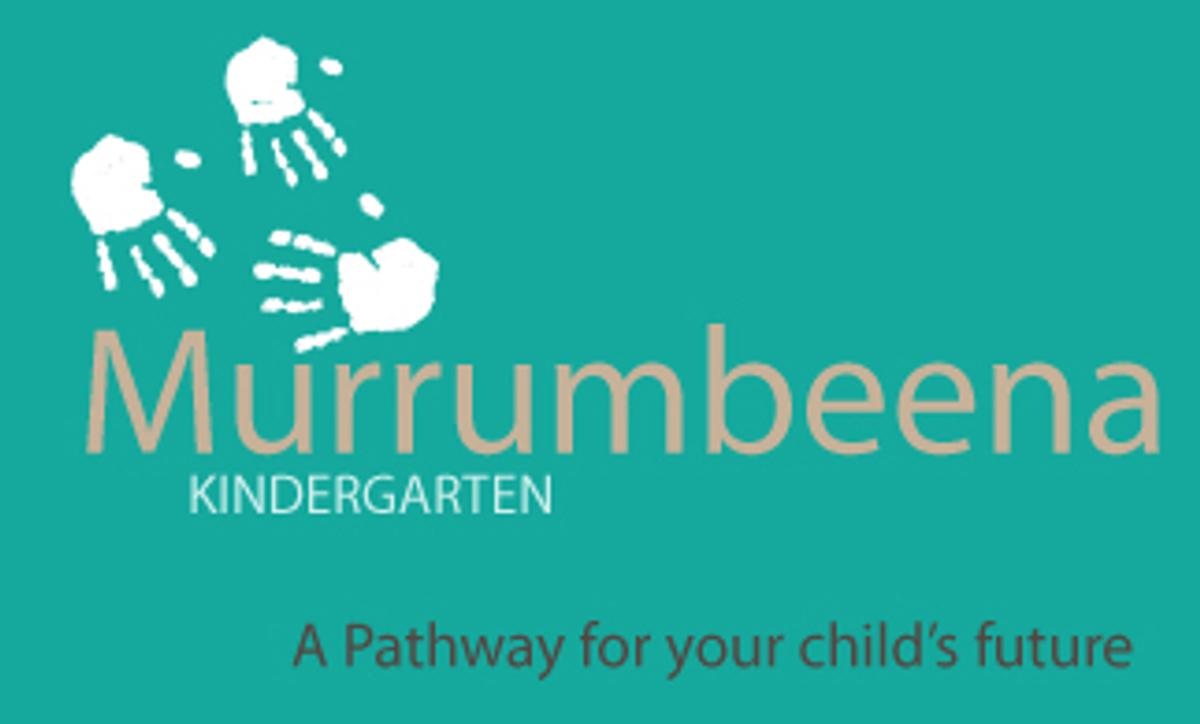GEKA Murrumbeena

What We Know About Our Children
Carol Vassiliou, Early childhood Teacher
Helen Haslem, Early Childhood Educator
"Young children have been affected in many ways by the pandemic. "It’s important to remember that anything that creates significant stress for a family, can make babies and young children feel unsafe and unsettled. The good news is around 80% of young children and babies are very resilient, and most will bounce back from the pandemic experience with the right support from their parents and caring adults." (Queensland Government: How to be COVID safe with your child’s mental health, 2022).
Coming together as a group before the commencement of the kindergarten year meant an opportunity for open discussion and insight into what we can do to assess our processes of educating and nurturing children, “in a world that’s found a new way of getting through this unexpected moment in history.” (Article: What we know about our children after 2021).
In the first few weeks of the term our educators made the conscious effort to, "remain alert, observant, adaptable and responsive to ensure our young children thrive as best they can to a range of challenges – not just COVID –19" (Article: What we know about our children after 2021) and through our discussions and observations we found that children have started the year with a range of mixed emotions (anxious, excited, stressed).
While having to re-establish familiar routines such as going to kindergarten and socialising with others making them feel unsure how to interact with others, giving children time to adjust to these changes by listening to them and reinforcing that these feelings are okay gives acknowledgement to the children and invites their perspective and input. This supports children to feel a sense of agency and their developing ability to recognise and name their emotions.
One of the educators reminded us that the strategies and experiences from the Resilience Project (https://theresilienceproject.com.au/) is a way to foster children to express themselves, using simple words modelled by the project thus increasing their ability to be comfortable in their interactions. The Resilience project also supports children to develop their emotional literacy skills through using a visual ‘feelings chart ‘to identify how they are feeling.
By having this open discussion collectively as educators, it allowed for us to be on the same page as far as our expectations. It also supported educators to reflect on their own thoughts and collaborate on how to handle certain approaches to apprehension of children and parents alike. We recognised that the lack of opportunity to meet educators in person in 2021 hadn't assisted developing initial connections and educators had to use their instinct to gauge children’s behaviours and responses.
We agreed that due to the longer stints in isolation at home (more so in 2021) the development of the children's social-emotional wellbeing was paramount and that adapting our approach in creating a positive culture would do wonders, which is how it should be anyway.
As educators, providing children with the simple daily routines at kindergarten that help them feel secure and encourage independence developing a sense of self control as well as focus. Children’s emotions and behaviours are influenced by daily routines, such as having enough nutritious food, sleep, play, learning and movement, particularly in times of uncertainty.
Our day at kindergarten encompasses these very important rituals which enhances a child’s wellbeing and their sense of security whilst in our care at kindergarten. On a positive note, one of our educators pointed out that she had noted at this stage this year, the children were responsive, responsible with the daily rituals I.e., washing their hands and following simple instructions without reluctance and hesitation. Another educator, agreed with this point and felt that most children he interacted with did, “their best to get on with their business of learning, playing and growing”.
Another point of focus is the importance of social activity with others other than their family which actually forms the foundation of why children go to kindergarten. Children need encouragement to practise communicating and listening to their peers and educators especially being significant others in a child's day. It was so important to have children return to kindergarten for this fact and seeing children coming back to kindergarten with excitement for the most part, suggests the importance. One child had expressed, “it was the best day ever" to her father, when he asked her how she was feeling about going to kinder.
An educator recognised how perhaps a focus needs to be in establishing a connection as she has been working closely with a child of additional needs and how perhaps as mentioned in an article, “young children of additional needs and disabilities, are likely to carry the pandemic wellbeing burden a bit longer than less impacted peers” (What we know about our children after 2021). This particular child makes the most of their time at kindergarten but as educators we need to recognise how important it is to support children to feel comfortable in this setting and feel they can achieve success when faced with challenges. Being mindful of each child's needs and having constant interactions and building a rapport with the parents is of upmost importance, as the children will communicate with their parents and this in turn is a way to gain important information about the child.
As educators we recognise the importance of our role within the community and how we can make a difference to a child’s day and for their future. We are comforted in knowing that in seeking 'what you need to do differently to teach children fundamental life skills'” we should continue to do what we have always done in our roles and need to hold on to the flexibility and adaptability of our programs being guided by the children. Keeping an eye out for signs when children need extra support and reassurance and as Professor Yong Zhao/ Professor Tim Watterson suggest, that “education should be a strength- based and passion-driven process to help children learn to use their unique talents”.
Finally, another educator expressed how one shining light to come out of the COVID-19 restrictions was the great use of outdoor spaces and public park areas enhancing the sense of community and seeing children regularly outdoors. Research has shown, the access to outdoor spaces has been steadily decreasing (Malone, 2007). We are fortunate that within our kindergartens we are able to provide the 'shining light’ of the outdoors to the children where we utilise the most of our surroundings providing benefits for growth, learning and development of the children within our care.



